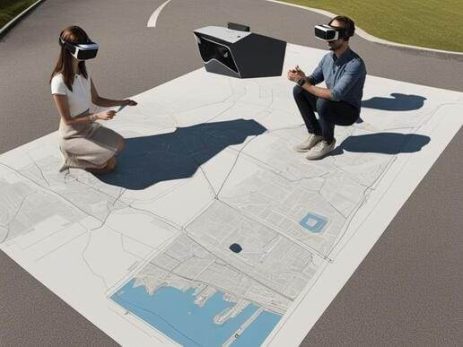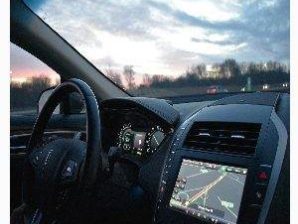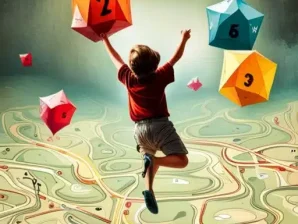It is now online the editorial: Application of Virtual Reality in Spatial Memory by Cimadevilla Jose M., Raffaella Nori and Laura Piccardi, published in Brain Sciences, an open access accessible to readers anywhere in the world.
The Editorial sums up the articles included in the Special Issue “Application of Virtual Reality in Spatial Memory " which is devoted to gathering studies on VR and spatial memory. The Special Issue includes eight contributions covering the application of VR for both children and adults. Six studies investigate which factors affect spatial navigation in VR: two investigate these factors during developmental ages (i.e., van Dun et al., 2021; van Hoogmoed et al., 2022), and the other four focus on young adults (i.e., Bocchi et al., 2021; Tascón et al., 2021; Meneghetti and Pazzaglia, 2021; Miola et al., 2021). One study reviews the applications of radial arm maze in both virtual and real versions (i.e., Palombi et al., 2022), and the study by Zucchelli et al. (2021) shows how VR can be a proper differential diagnosis tool for mild agoraphobia disorders. The latter study highlights, through the use of VR, the presence of deficits in visuospatial working memory and navigation in people with agoraphobic-type anxiety disorders.






